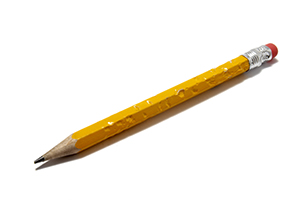 Everyday Habits can Impact Oral Health
Everyday Habits can Impact Oral Health
Most of us have a bad habit or two that we’d like to change. Here are some common habits that are especially hard on teeth:
- Biting or Chewing Non-Foods Items
Maybe you’ve done it for years with no harm, but each time you bite a non-food object is unnecessary wear and tear, making chips and other damage more likely. If you chew on pencils or toothpicks, bite your nails, or use your teeth as a tool to open things, this applies to you. Instead, combat nervous chewing habits with sugarless gum, and get a nail tool or pocketknife to give your teeth a break! - Chewing Ice (and other hard foods)
Though they may be edible, ice cubes and other hard foods can be just as damaging to teeth. Crushing ice, biting hard candy, and cracking nutshells with your teeth should all be avoided. - Clenching and Grinding
Clenching or grinding of teeth is called bruxism, and it can occur both during the day and subconsciously at night, usually due to stress. Either way, this bad habit can be damaging to teeth. Unchecked grinding can wear down chewing surfaces and weaken enamel, eventually making teeth more prone to fracture. Proper diet, exercise, and a regular sleep schedule can help with the stress, and a custom-fitted nightguard or mouthguard can prevent further damage. - Tobacco/Nicotine Use
Whether you smoke cigarettes or use chewing tobacco, you probably know this is a bad habit in general. And it’s not good for your mouth or teeth either. Cigarette, cigar, pipe smoking, and smokeless tobacco all increase your risk of gum and oral cancers. Vaporizers are the newest trend on the smoking scene, and while there haven’t yet been long-term studies to determine impacts on oral health, it’s safe to say it probably isn’t risk-free. Consider nicotine patches, gum, or wean yourself off to break the habit! - Toothbrush Abrasion
When it comes to brushing teeth, more is better, right? Wrong! Just like anything else, you can overdo it. Excessive brushing, or brushing with too much force, can wear down tooth enamel and irritate gums. It’s called toothbrush abrasion. Dentists recommend using a soft-bristled toothbrush for this very reason, and further, emphasize using only minimal pressure while brushing. Try to gently polish your teeth rather than scrubbing and scouring.

